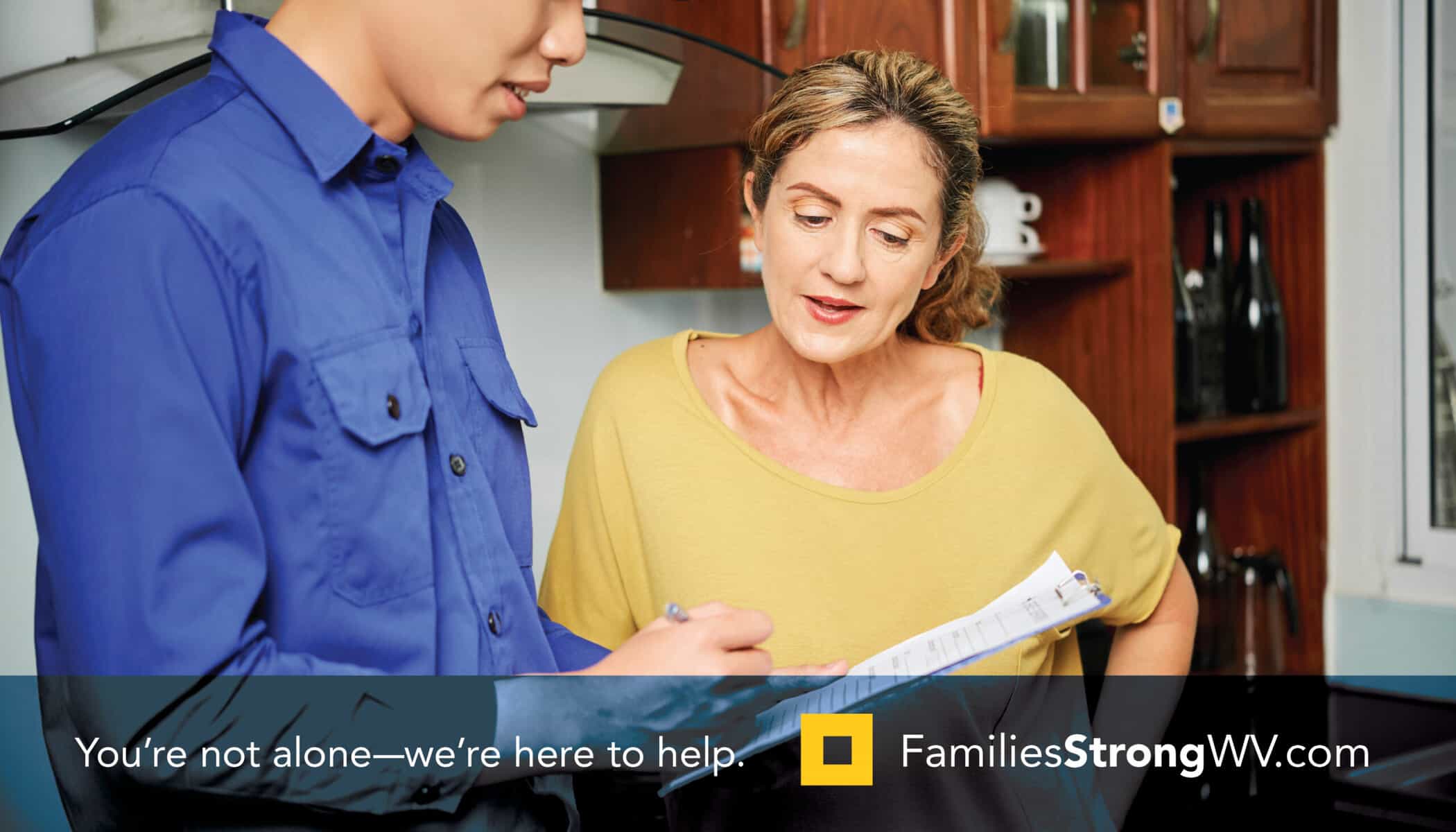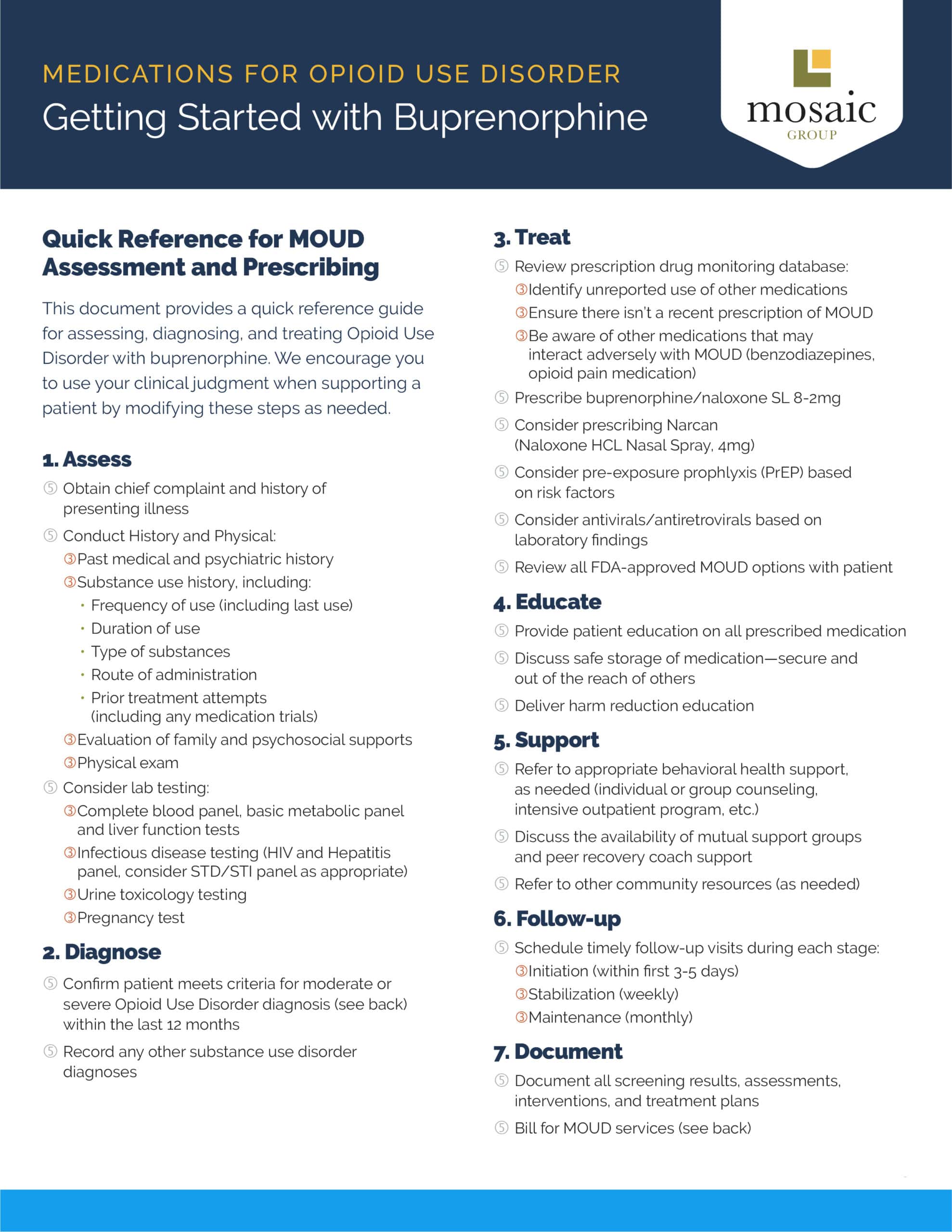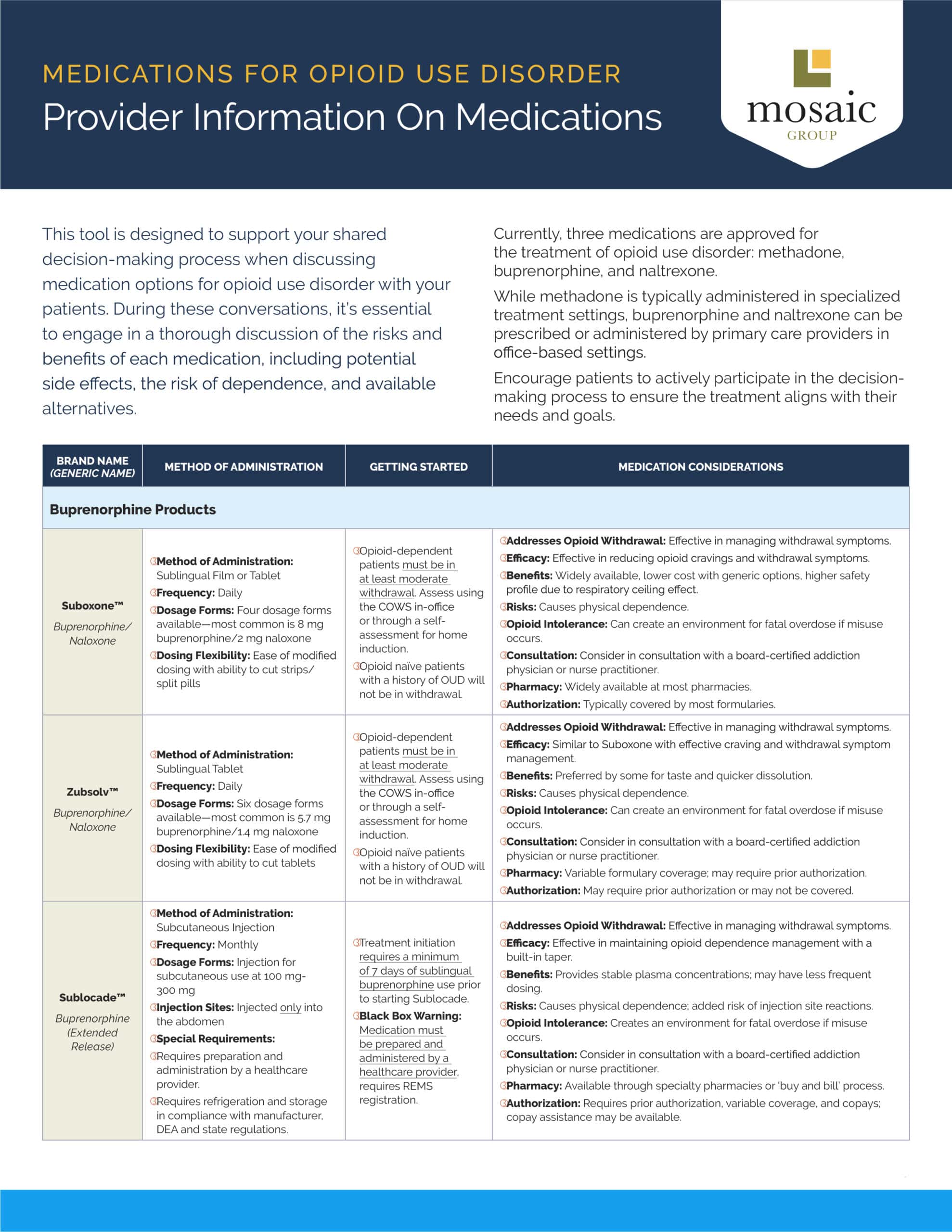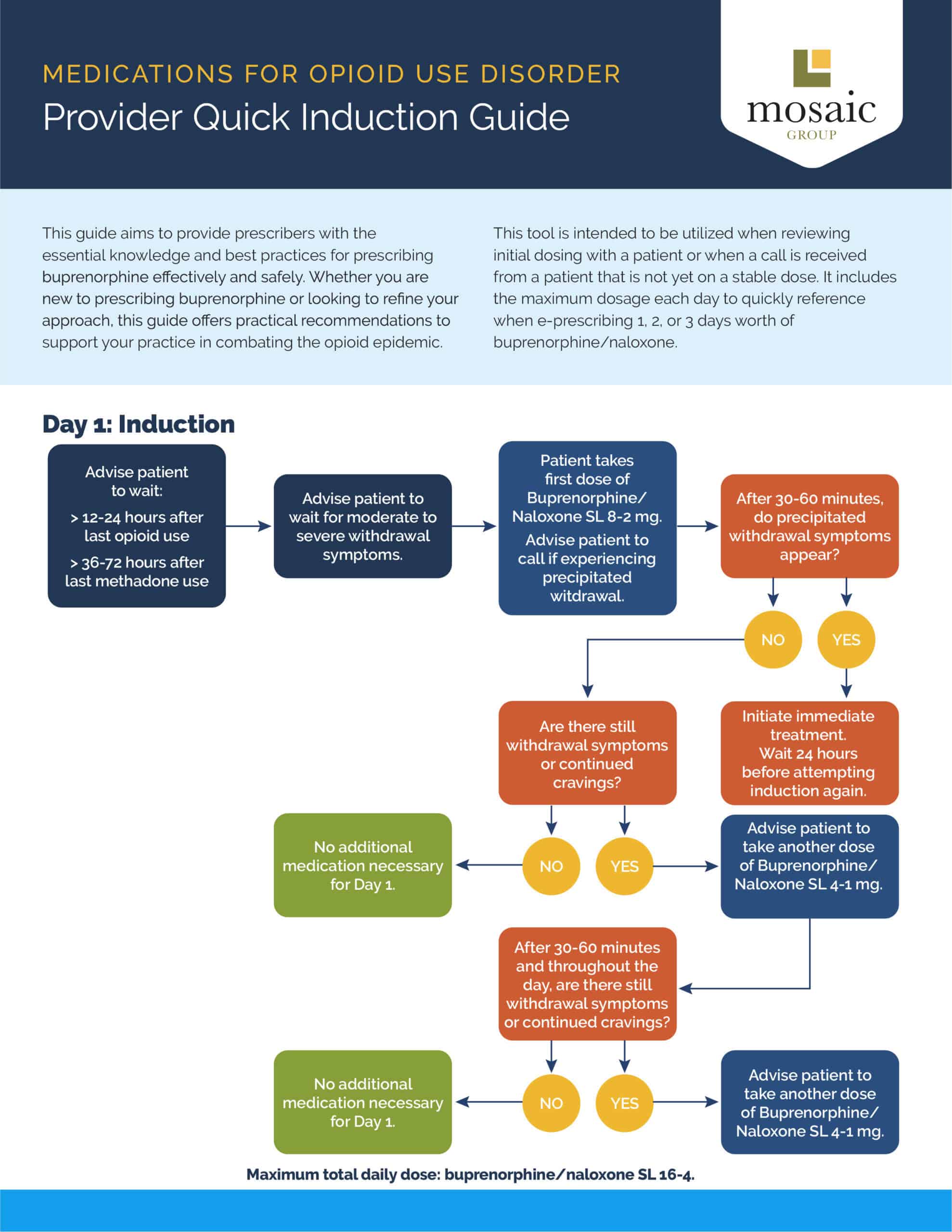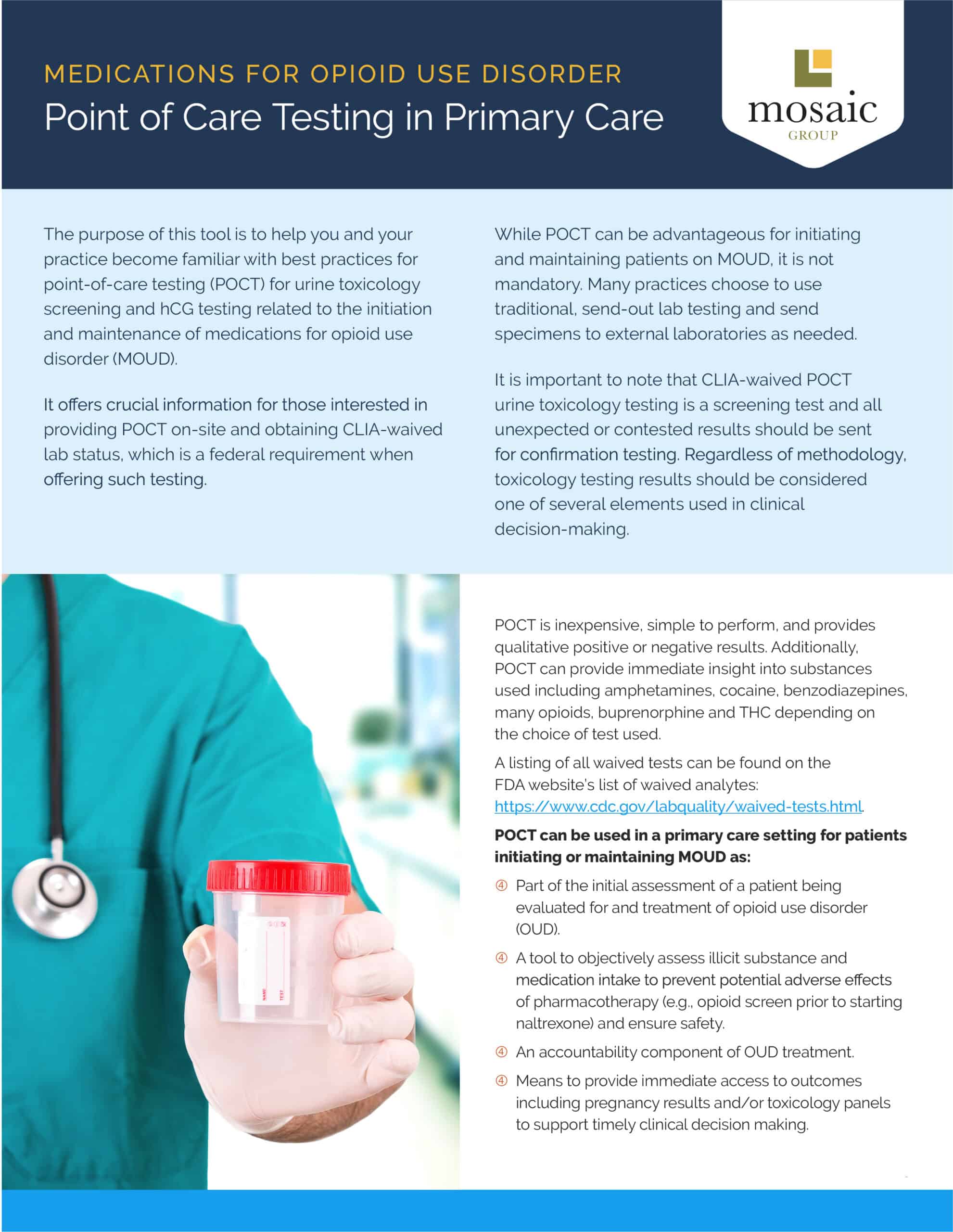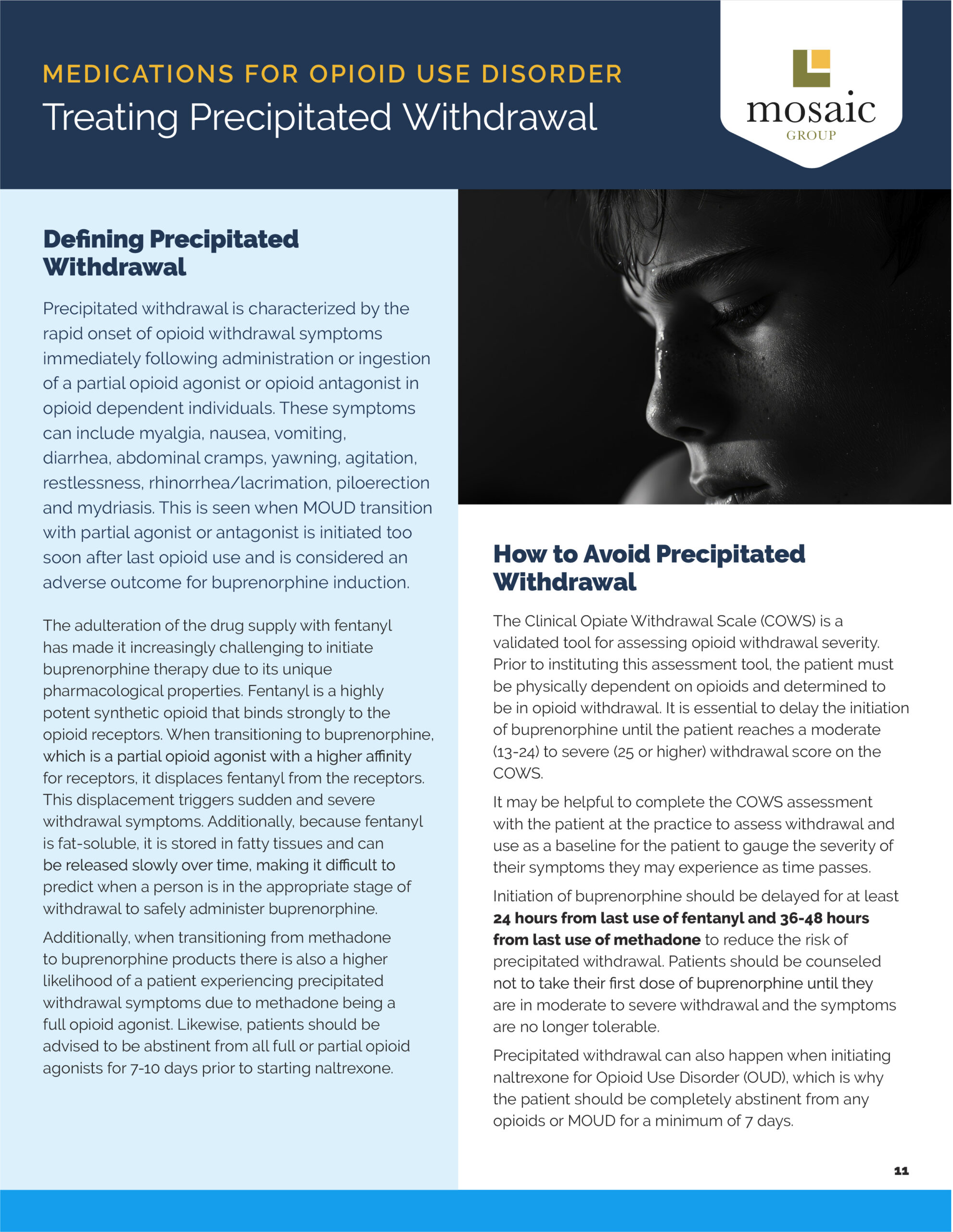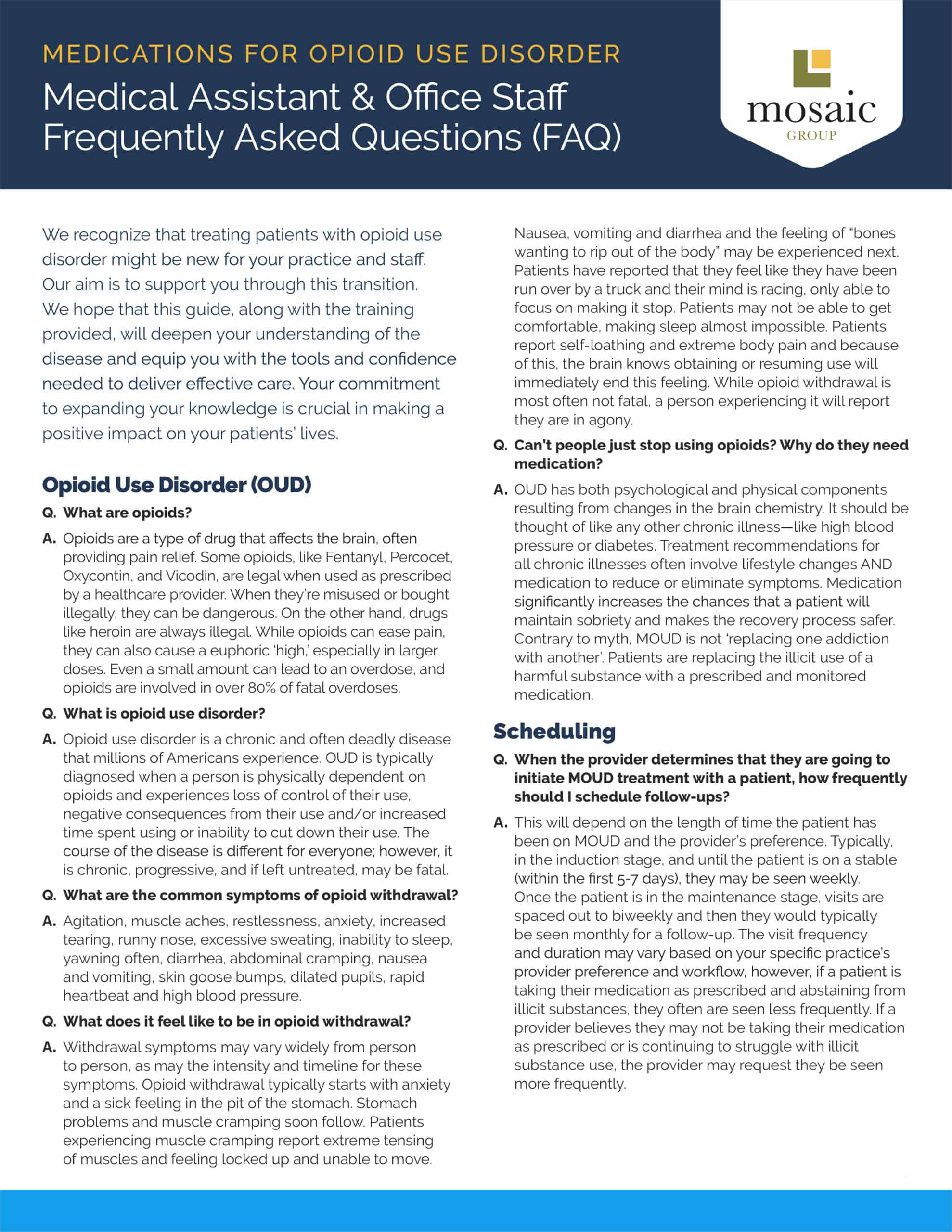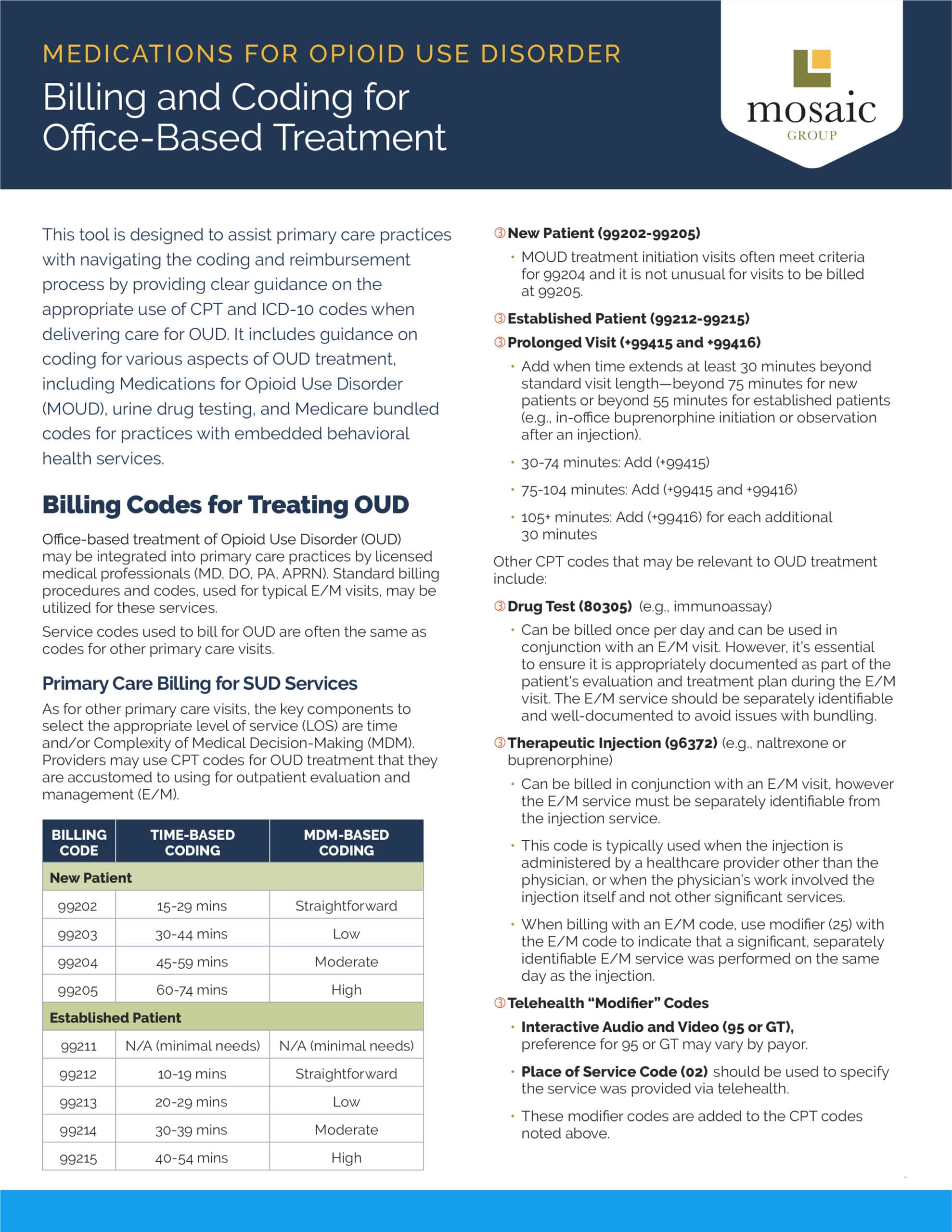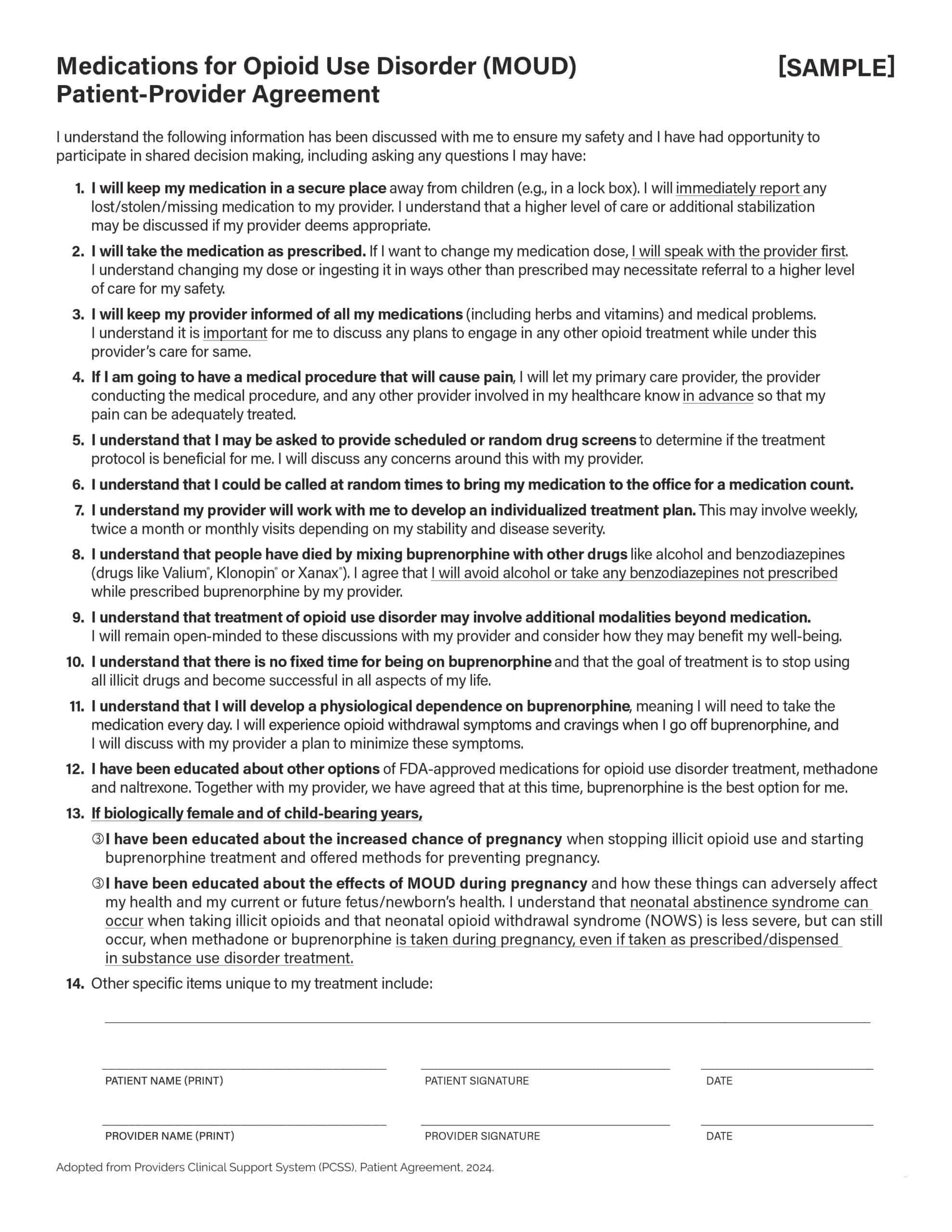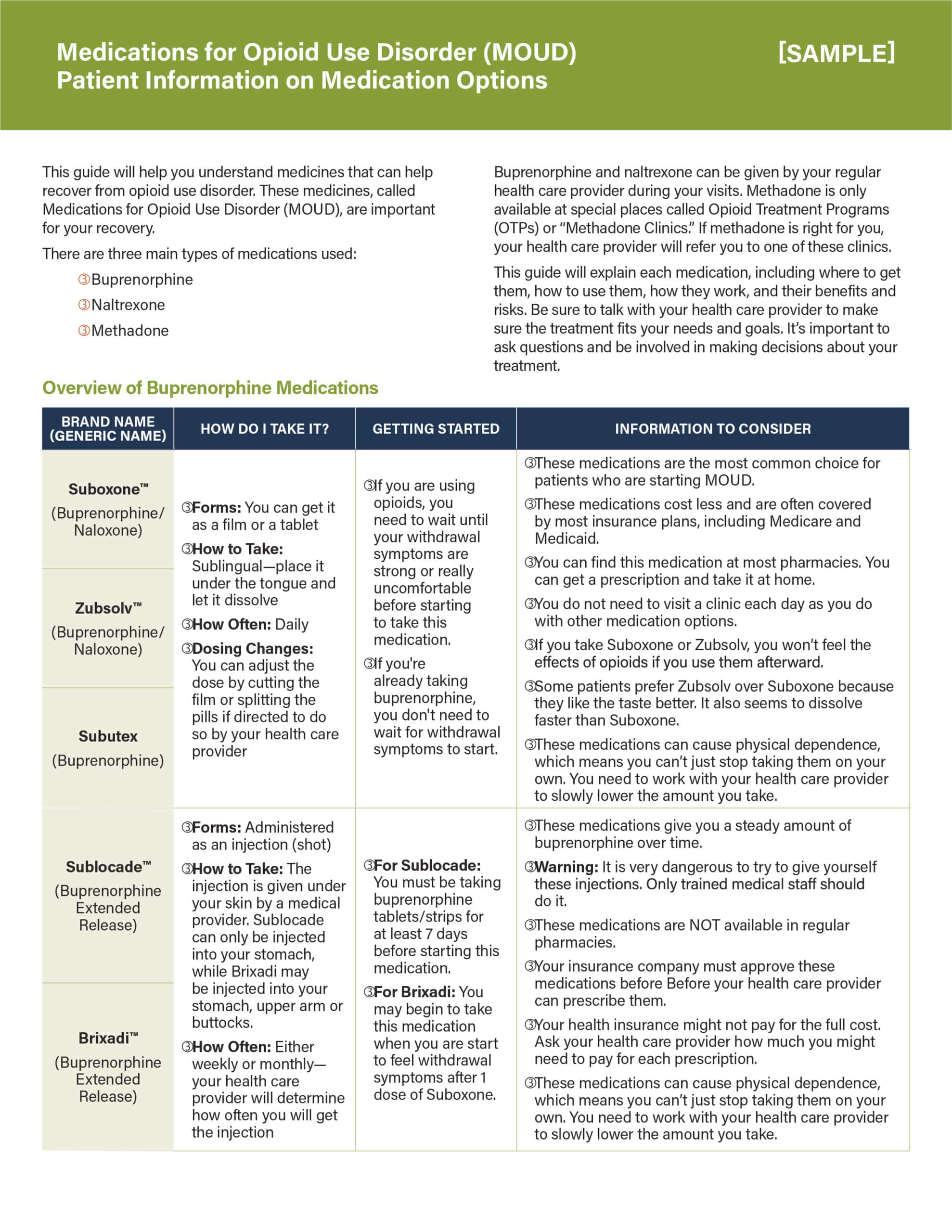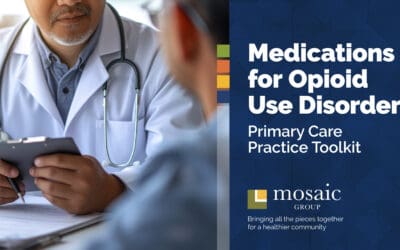Learn tips on how to support your loved one who uses.
It’s often very challenging to show support to someone with a substance use issue. Substance use can seem to change your loved one in ways that confuse and upset you. You might not even know whether they are telling you the truth. As challenges mount, you may wonder what you did to deserve this struggle. You may want to throw up your hands and walk away. But it’s important to continue to offer appropriate support as best you can.
When it comes to recovery, the love and support of family and friends cannot be underestimated. Such support is often what substance users say helps them through their darkest days.
Someone to Provide Support During Recovery
During the recovery process, substance users need someone they can lean on in their recovery process. There are going to be ups and downs during their journey, and you may feel at times that you can’t do much to help. But just knowing that someone is a phone call or text message away could be the thing that helps your loved one get through a bad day and stay on the road to recovery.
Keep in mind to maintain healthy boundaries, though, as substance use affects the whole family. Your whole family has its own journey through the recovery process, so seeking support and focusing on self-care is important for each individual.
Support for Everyday Tasks
For many individuals using substances, one of the biggest challenges is to just “keep going.” Forward movement—even with simple, everyday tasks—is important in recovery. Yet it can be surprisingly difficult. Simple tasks—such as getting to work on time, employing healthy eating and sleeping habits, shopping for groceries, or managing the triggers that are directly related to use—can seem overwhelming.
Provide them with gentle support without doing everything for them. They need to do tasks themselves to feel like they are accomplishing their goals. For example, cook them a healthy meal that will last a few days. Or provide words of encouragement about a specific behavior. For example, encourage your loved one to take one step at a time. Remind them that even small steps represent forward movement. This type of support helps your loved one maintain some form of routine and a sense of safety. And it can help you feel less helpless, too.
Make Time for Levity
Life for both of you can be a huge challenge right now but focusing on something fun can keep your relationship strong. Whether you go for a hike, hit the bowling alley, watch a funny movie, or plan a family game night, making time to laugh together can alleviate stress for you and your whole family. Sharing love and laughter can make a positive impact on someone who is trying every day to stay on the path to recovery.
Join Us at Families Strong
Families Strong provides you with a range of tools and resources to help you through this difficult time in your life and your loved one’s life. Learn more about how we can help support you while you support them. Get in touch with our team today at (681) 378-2086 or email [email protected].
_____________________
Families Strong is a free, 8-week support group for the families and friends of individuals who are using substances. It is designed to help reduce the negative effects of substance use issues on families. The program is developed and guided by Mosaic Group, nationally recognized experts in behavioral health. To learn more about the program and how your organization or state agency can partner with Mosaic Group to implement it, contact us at [email protected].

